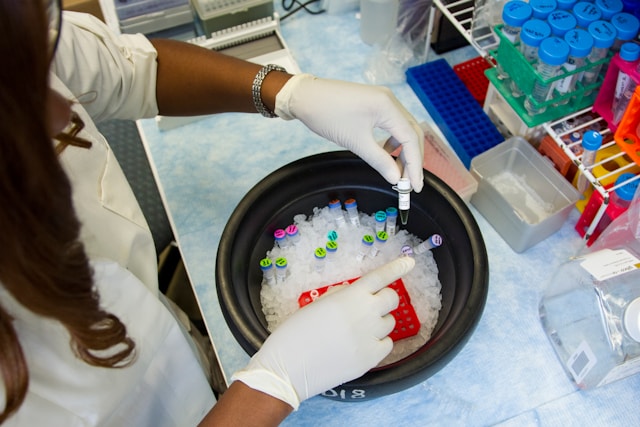Written by Being Patient
The FDA approved Eli Lilly’s disease-modifying drug Kisunla (generic name donanemab) on July 2nd, a few weeks after the drug was unanimously recommended for approval by a committee of independent advisors to the FDA.
Kisunla joins Leqembi as one of two Alzheimer’s monoclonal antibody drugs approved by the FDA in the past year; Leqembi hit the market in July 2023.
How is Kisunla different from Leqembi?
Both drugs target beta-amyloid plaque, an early biomarker of Alzheimer’s that builds up in the brain as the disease progresses. Leqembi attaches to beta-amyloid before it has a chance to form plaques, while Kisunla attaches to beta-amyloid once it has formed the plaque. The way in which the drugs are administered is also different. Kisunla requires a once-monthly intravenous infusion. Leqembi needs to be administered every two weeks. Patients can stop taking Kisunla once amyloid plaques are cleared below a threshold, unlike Leqembi.
Is Kisunla effective?
Kisunla’s aim is to slow the progression of Alzheimer’s in its early stages through the clearing of these amyloid brain plaques. However, it has not been shown to remove amyloid plaques, nor Alzheimer’s symptoms, entirely.
During the clinical trials, researchers measured the effectiveness of the drug by looking at trial participants’ rate of cognitive decline over the course of 1.5 years. To do so, they used two standardized scales — the 18-point Clinical Dementia Rating-Sum of Boxes (CDR-SB) scale and the 146-point Integrated Alzheimer’s Disease Rating Scale (iADRS).
A higher score on either of these scales indicates greater cognitive impairment. Participants who received donanemab saw a 22-percent slowing relative to participants in the placebo group when looking at iADRS; and this finding held true on the CDR-SB scale, where participants who took donanemab saw a 36-point slowing over the placebo group.
During the FDA advisory committee hearing in June, Sandra Carlino spoke on behalf of her husband, George, who participated in the donanemab trial.
“Our experience in this trial has been life-changing,” she said. “We understand that his disease may never be cured, but his progression has slowed down [so] immensely that, to the point of a casual observer or acquaintance, they would not know he has this condition.”
Does Kisunla have known side effects?
While Kisunla’s effectiveness is promising, the drug has side effects.
Anti-amyloid monoclonal antibody drugs cause a condition called amyloid-related imaging abnormalities (ARIA), which includes brain swelling and brain bleeding.
Two in five patients that received donanemab during the trials experienced some form of ARIA, and more than three in 10 patients taking the drug experienced brain bleeding.
K2’s involvement with donanemab
K2 was one of 184 trial centers across the U.S. that tested donanemab in clinical settings during its development. K2 team members are honored to have been part of the progress from early stages, according to K2 CEO Sean Stanton. “It’s a source of immense pride for our team to see a drug we worked with from clinical trials day one finally become accessible to the general public,” he said.













